
Best Ebike Brands: How to Spot Reliable Options
The Best Ebike Brands: Finding Quality in a Crowded Market
The e-bike market is exploding with hundreds of brands. These range from household names like Leoguar to online newcomers like Lectric. How do you know which ones are built to last? Some might leave you stranded with no support. The sheer number of options can be overwhelming. This makes it difficult to distinguish a smart investment from a risky purchase.
Instead of just listing the best ebike brands, this guide will empower you. We will provide a clear framework for evaluating any brand. This way, you can understand what makes a brand dependable and invest your money with confidence. Our goal is to equip you with the knowledge to find the best e-bike brand for you. This ensures your new ride is a source of joy, not a constant headache.
Three Tiers of E-bike Brands
To navigate the market, it helps to understand that brands generally fall into three tiers. Knowing where a brand sits helps you manage expectations. This includes expectations about price, service, and quality.
Tier 1: Legacy Bicycle Brands
These are the established giants of the cycling world. Companies like Specialized, Trek, and Cannondale have adapted their decades of experience to the e-bike space.
- Pros: They possess deep engineering expertise from years of building traditional bikes. They offer extensive dealer networks for professional assembly, test rides, and reliable service. Components are typically high-end. Their bikes hold excellent resale value.
- Cons: This quality and support come at the highest price point. They can sometimes be slower to adopt the latest technological trends. This is compared to more nimble direct-to-consumer companies.
Tier 2: DTC Value Leaders
Direct-to-Consumer (DTC) brands like Aventon, Ride1Up, and Rad Power Bikes have become dominant forces in the market. They offer a compelling mix of features and affordability.
- Pros: These brands provide excellent value for the money. They often pack in features and performance found on more expensive bikes. They are frequently innovative and have built strong, active online communities. Many receive high marks in expert testing from cycling publications.
- Cons: Customer service can be inconsistent, varying from excellent to slow. Bikes require some home assembly. This may be a challenge for those not mechanically inclined. Finding a local bike shop willing to service a brand they don't sell can sometimes be difficult.
Tier 3: Budget Online-Only Brands
This tier consists of often anonymous, unbranded e-bikes. You can find them on large online marketplaces like Amazon and AliExpress.
- Pros: The primary and often sole advantage is an extremely low upfront cost.
- Cons: The risks are significant. Quality control is often poor, leading to mechanical failures. Safety is a major concern, especially with non-certified batteries that pose fire hazards. Customer support is typically non-existent. Finding proprietary replacement parts is nearly impossible. These bikes are almost always a poor long-term investment.

The Core Four Pillars
Beyond the brand tier, a truly reliable e-bike company is built on four fundamental pillars. Use these as your evaluation criteria for any brand you consider.
Pillar 1: Engineering and Quality
A great e-bike starts with a great bike. The electrical components are important, but the underlying bicycle frame and parts are the foundation. This affects your safety and ride experience.
A brand proud of its craftsmanship will have clean, consistent frame welds. Messy, irregular welds can be a sign of poor quality control. Look at the ecosystem of the drive system. Brands using established, serviceable motor and battery systems from names like Bosch, Shimano, or Brose offer a huge advantage. It means almost any qualified bike shop can diagnose issues and perform service. Proprietary, unbranded systems lock you into a single source for parts and support. This is a major risk.
Pay attention to the non-electric components. A reliable brand won't cut corners on parts crucial for safety. They will use known component manufacturers for brakes, shifters, and tires. Examples include Shimano, SRAM, Tektro, and Kenda. An unbranded set of brakes is a serious red flag.
Pillar 2: Safety and Compliance
This is the most important, non-negotiable pillar. A trustworthy brand prioritizes your safety. The single most important indicator of this commitment is UL 2849 certification.
This isn't just a sticker on the battery. It's a comprehensive safety standard for the entire e-bike electrical system, including the motor, controller, charger, and battery. As documented by safety science company UL Solutions, this standard is specifically designed to mitigate the risk of electrical and fire hazards. This is a known danger with cheap, uncertified lithium-ion batteries. You can learn more about the specifics of UL 2849 certification directly from the source. To verify, look for the official UL mark on the bike frame, the battery, or clearly stated in the product specifications on the brand's official website. If a brand cannot confirm its products are UL 2849 certified, you should walk away.
Pillar 3: Support and Parts
Your relationship with an e-bike brand doesn't end at checkout. Long-term satisfaction depends heavily on post-purchase support.
A one-year warranty is standard, but the details matter. A good brand has a clear, easy-to-understand policy that outlines what is covered and for how long. You can test a company's support before you buy. Send a technical pre-sale question via their email or live chat. Their response time and the quality of their answer are excellent indicators. This shows you the support you'll receive after you've paid.
From our experience, this is where brands truly separate. We've seen cases where a simple controller issue grounds a bike for months because the budget brand has no replacement parts. In contrast, a reliable brand was able to diagnose the problem and ship a new part within 48 hours. The easiest way to check this is to look for a Spare Parts or Accessories section on their website. If you can't easily find and purchase a replacement battery, controller, or display, it's a major red flag. This affects the bike's long-term serviceability.
Pillar 4: Brand Reputation
A trustworthy brand stands behind its product and is transparent about who they are. Does the brand's website have a detailed About Us page with a real story, location, and team? Or is it an anonymous entity with no physical address?
Look beyond the curated reviews on the brand's own site. Search for the brand name on Reddit (the r/ebikes community is a great resource), YouTube, and independent review sites. What is the community saying? Are owners happy, or are forums filled with complaints about quality and service? Trusted consumer buying guides from organizations like Consumer Reports often evaluate brand reputation and customer service as part of their overall ratings. This provides an unbiased perspective. A strong, positive reputation built over years is difficult to fake.
Your Reliability Checklist
Use this simple checklist to quickly assess any e-bike brand you are considering. A brand that checks all the green flag boxes is likely a much safer investment.
| Evaluation Area | ✅ Green Flag (Reliable Brand) | ❌ Red Flag (Risky Brand) |
|---|---|---|
| Component Quality | Uses known part suppliers (Shimano, Bosch, Tektro). | Unbranded, generic components. |
| Safety Certification | Clearly states UL 2849 certification. | No mention of UL certification or any safety testing. |
| Customer Support | Responsive pre-sale support; clear warranty. | Slow or no response; vague warranty terms. |
| Parts Availability | Spare parts (batteries, controllers) are easily found on their site. | No spare parts section; parts are out of stock for months. |
| Brand Reputation | Positive reviews on 3rd-party sites (Reddit, YouTube); transparent. | Poor independent reviews; company history is hidden. |

Real-World Litmus Tests
Specifications on a website only tell part of the story. Here are a few insider tests you can perform to gauge a brand's true quality and commitment.
The Assembly Video Test: For DTC brands, go to YouTube and watch their official assembly video for the model you're considering. Is it clear, professional, and easy to follow? Do they show you which tools to use? Brands like Lectric and Ride1Up often excel here. A confusing or non-existent video suggests they haven't considered the full customer experience.
The Community Vibe Test: Find the brand's official or unofficial Facebook group or subreddit. Scroll through the posts. Is the page filled with owners sharing photos of their rides and modifications? Or is it dominated by frustrated customers asking for shipping updates, reporting errors, and begging for support responses? The collective mood of the community is one of the most honest and powerful indicators of brand health.
The Small Parts Test: Go to the brand's spare parts page. Can you buy a single replacement brake pad, a new kickstand, or a charger? A brand that stocks these small, inexpensive items demonstrates a mature and robust logistics system. It shows they are prepared to support their products for the long haul, not just sell complete units.
The Leadership Visibility Test: Is the company's founder, CEO, or engineering team visible? Do they ever appear in videos, engage with customers in forums, or have a presence on LinkedIn? Accountable leaders don't hide behind an anonymous brand name. This transparency builds trust and shows they are personally invested in the brand's reputation.
Ultimately, identifying the best electric bike brands is less about chasing a specific name and more about understanding the hallmarks of quality. By focusing on the three tiers, the four pillars of reliability, and applying these real-world tests, you can move past the hype. You will be able to assess any brand with the critical eye of an expert. This helps you choose an e-bike that is safe, serviceable, and a joy to ride for years to come.
Frequently Asked Questions
1. What are the most reliable e-bike brands?
The most reliable e-bike brands typically fall into Tier 1 (legacy brands like Trek, Specialized, Cannondale) and Tier 2 (DTC value leaders like Aventon, Ride1Up, Rad Power Bikes). These brands have UL 2849 certification, use quality components from known manufacturers, and provide good customer support with available spare parts.
2. How important is UL 2849 certification for e-bikes?
UL 2849 certification is extremely important for e-bike safety. It's a comprehensive safety standard that covers the entire electrical system including the motor, controller, charger, and battery. This certification helps prevent electrical fires and other hazards associated with lithium-ion batteries. Never buy an e-bike without this certification.
3. Should I buy a budget e-bike from Amazon or similar marketplaces?
Budget e-bikes from online marketplaces are generally not recommended. While they have low upfront costs, they often lack quality control, safety certifications, customer support, and replacement parts availability. These bikes typically become poor long-term investments and may pose safety risks.
4. What's the difference between Tier 1 and Tier 2 e-bike brands?
Tier 1 brands are established bicycle manufacturers with decades of experience, extensive dealer networks, and premium components, but they come at higher prices. Tier 2 brands are direct-to-consumer companies that offer excellent value with good features at lower prices, but may have inconsistent customer service and require home assembly.
5. How can I test an e-bike brand's reliability before buying?
You can test a brand's reliability by checking their assembly videos on YouTube, examining their online community for customer feedback, verifying spare parts availability on their website, researching the visibility of their leadership team, and sending pre-sale technical questions to evaluate their customer support responsiveness.


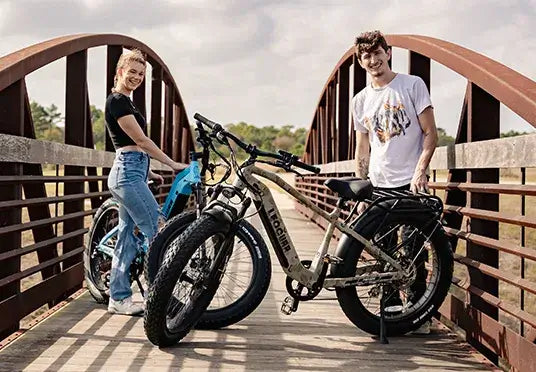
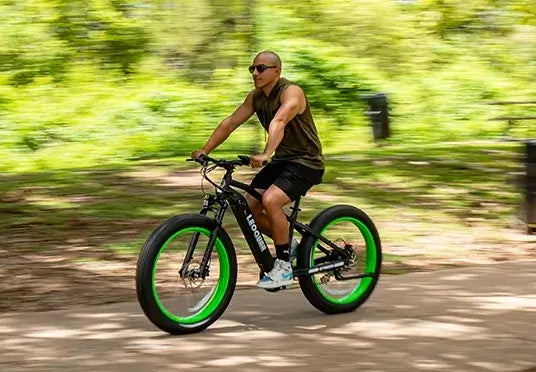

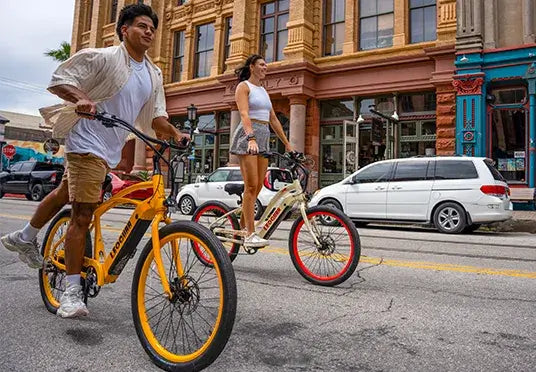
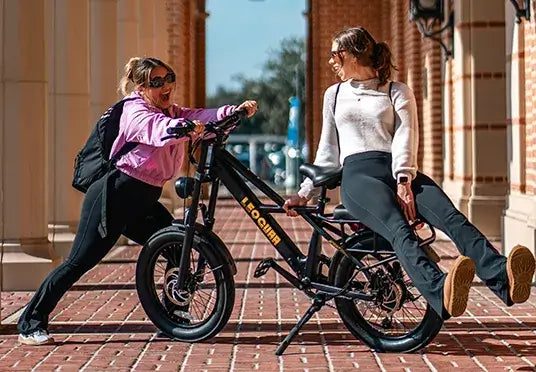
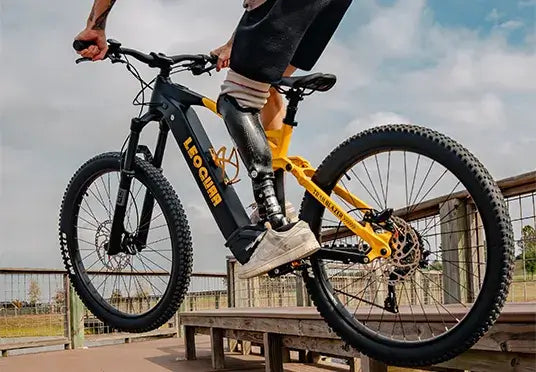
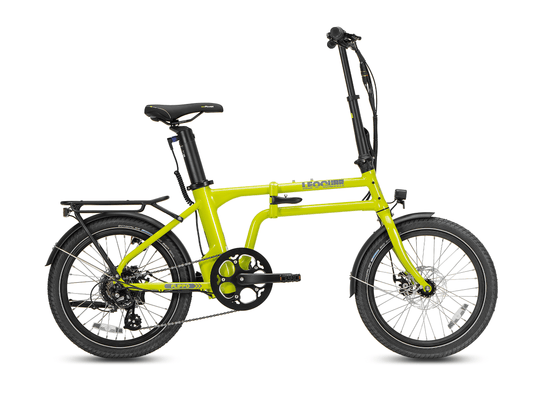
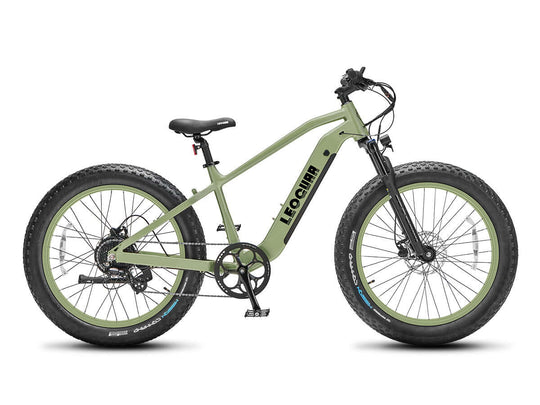
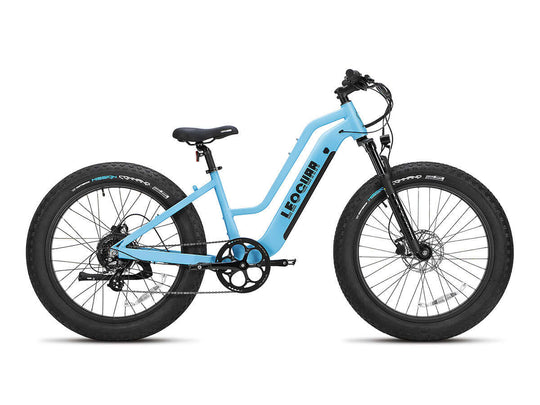
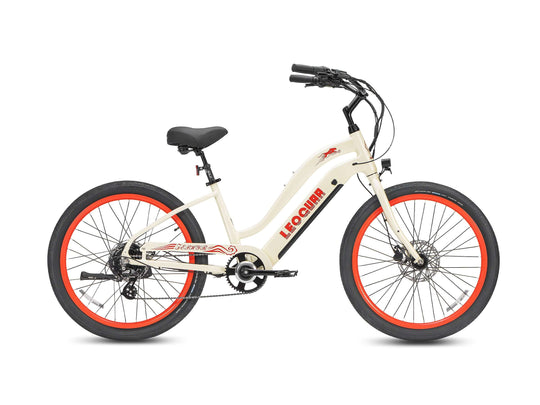
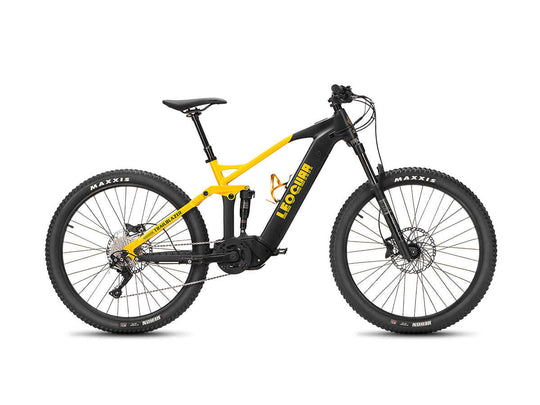
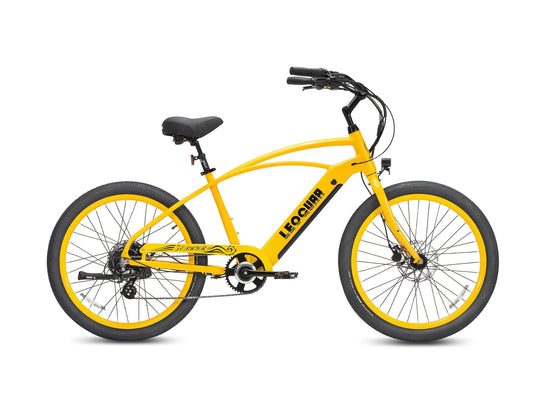
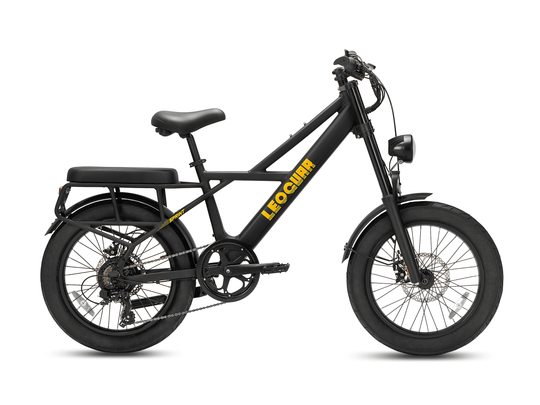
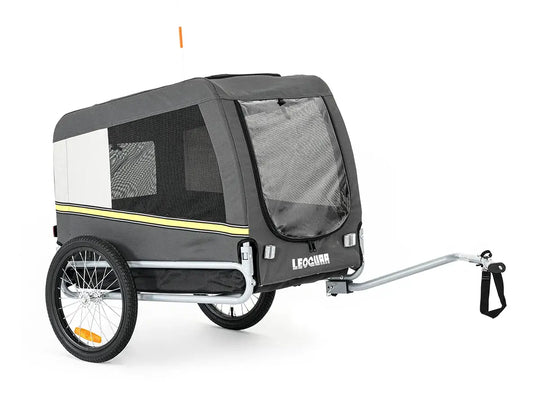
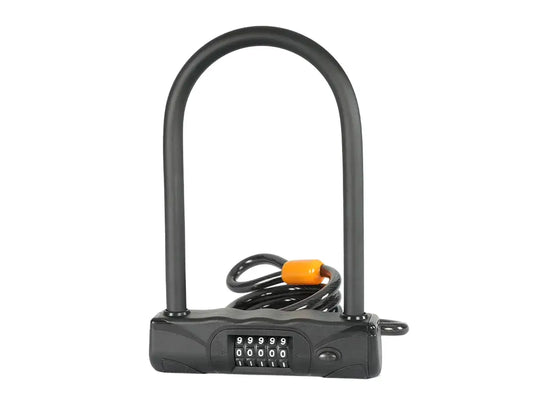
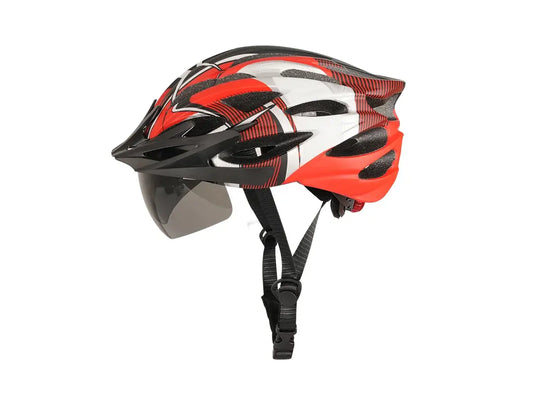
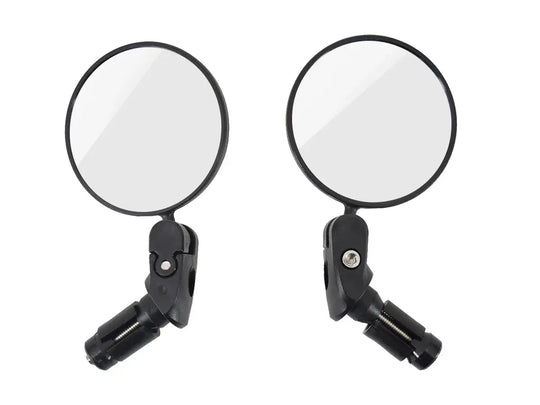
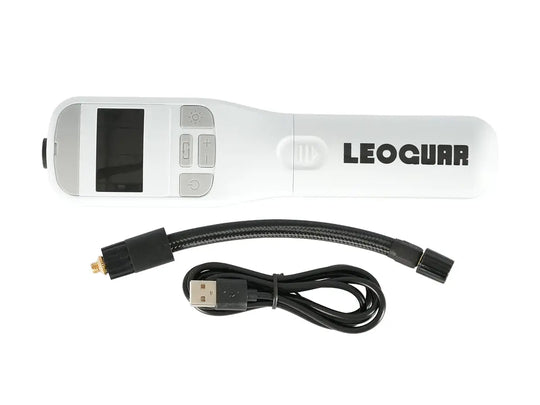
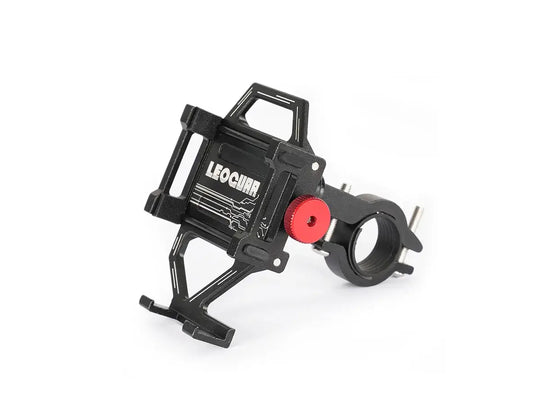
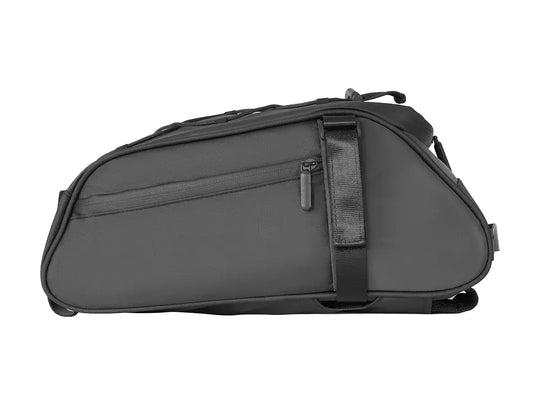
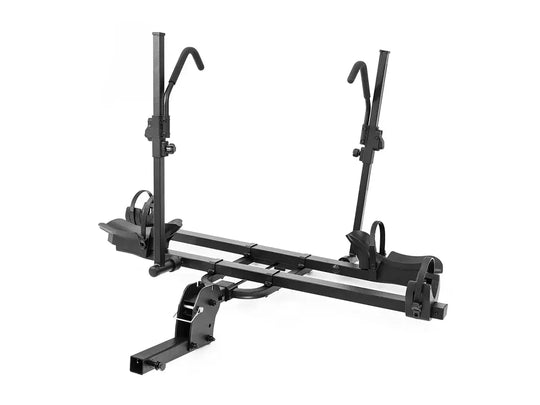
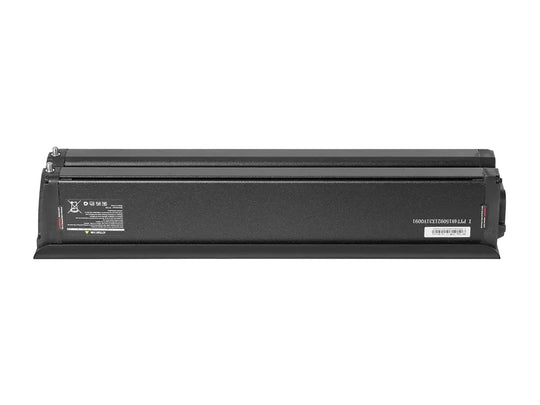
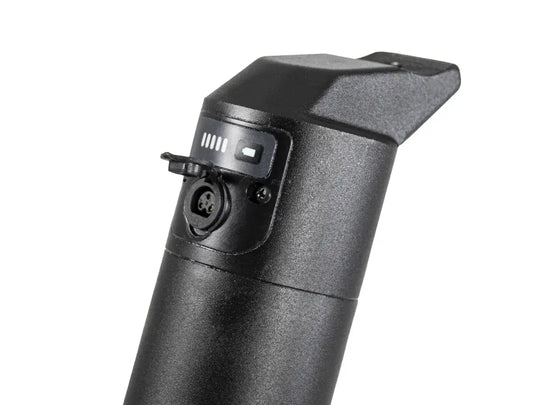
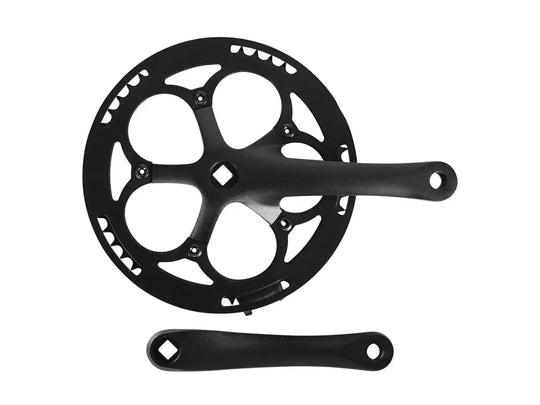
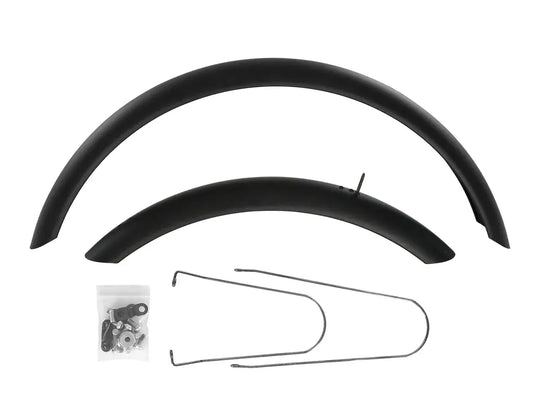
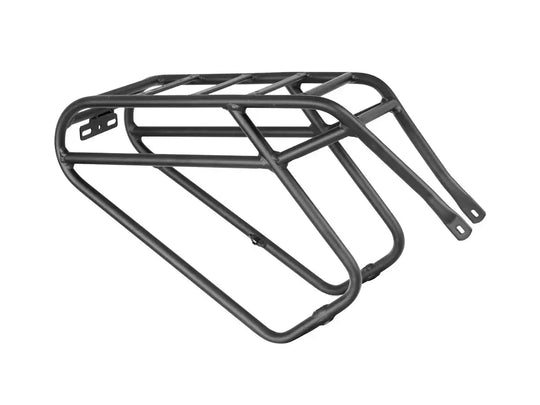
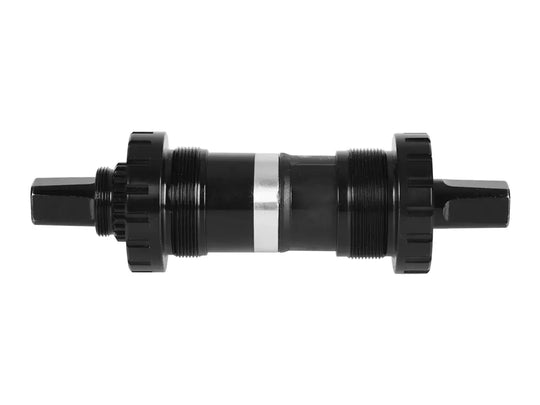
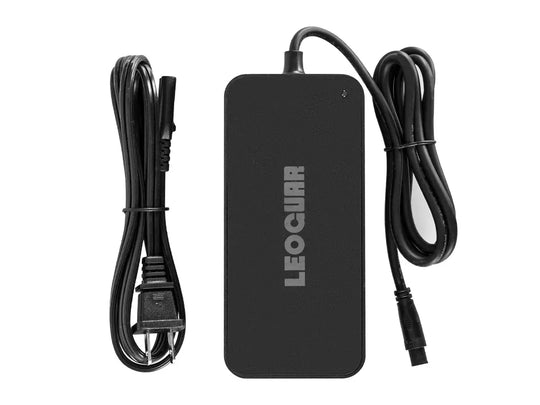
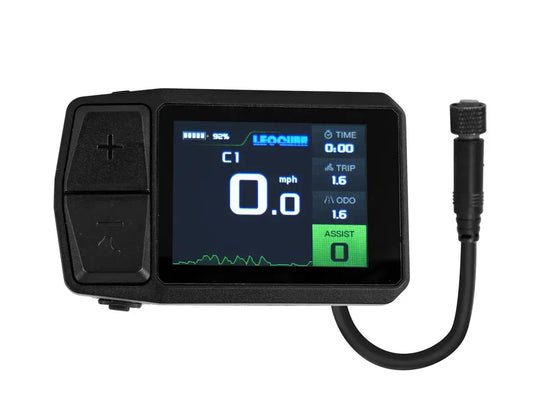
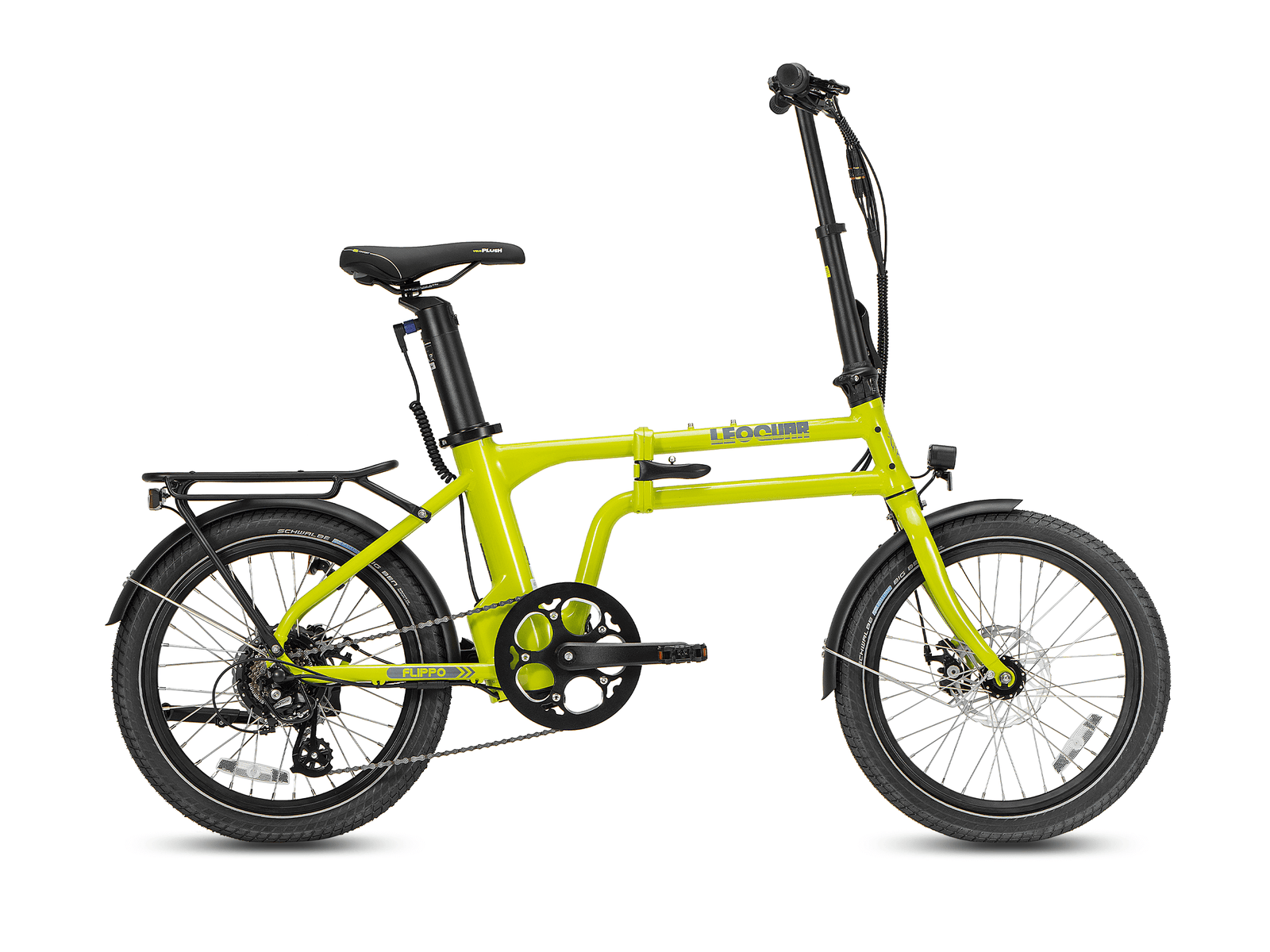







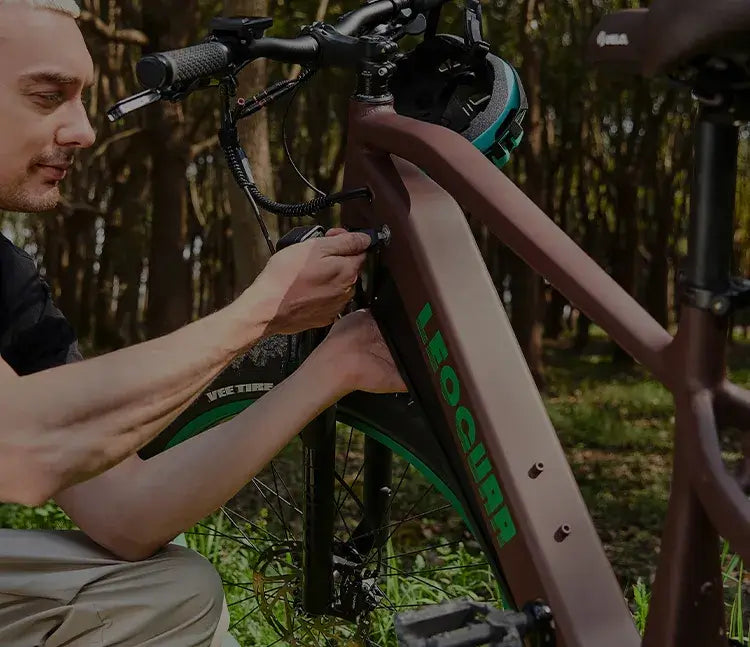
Leave a comment